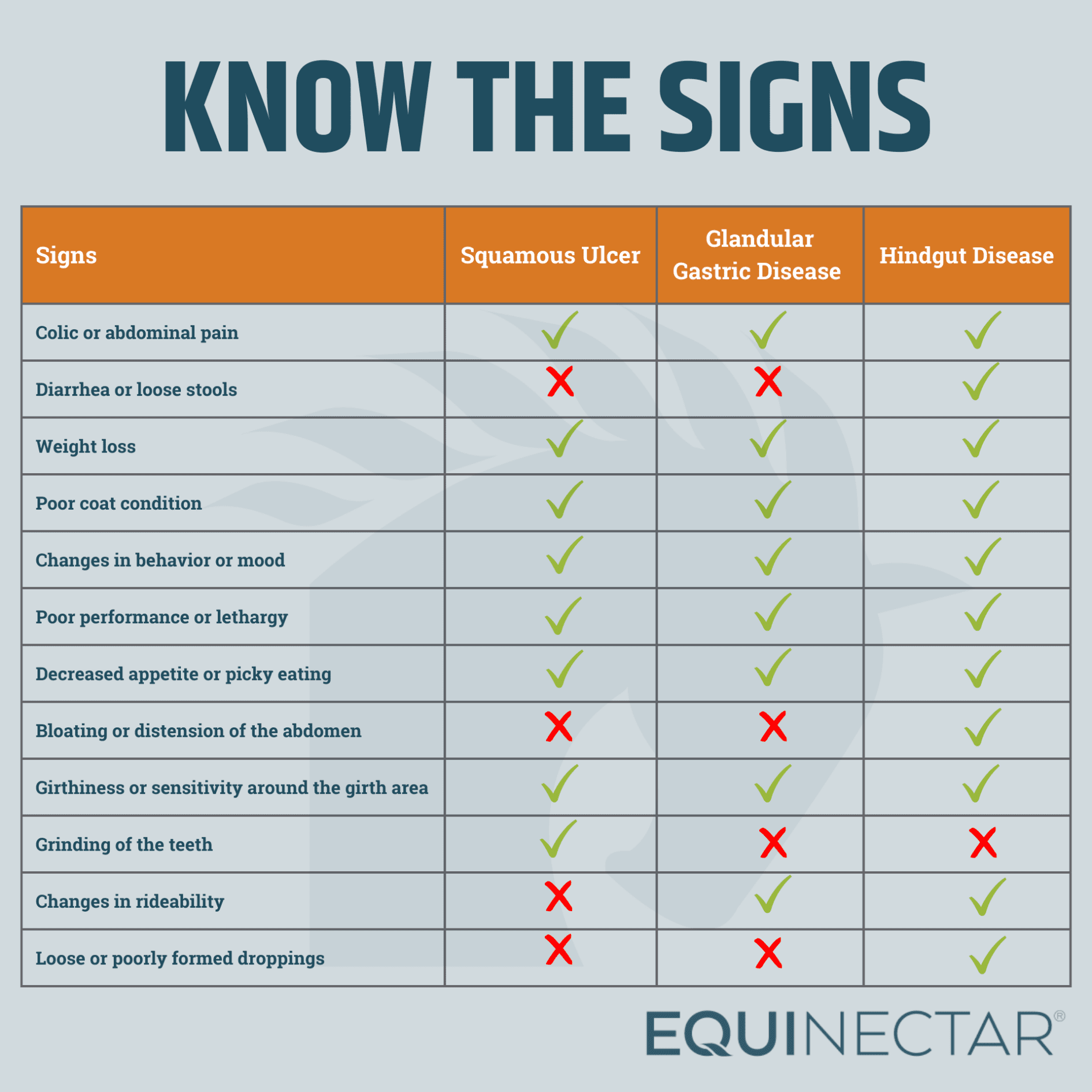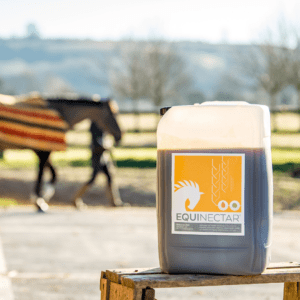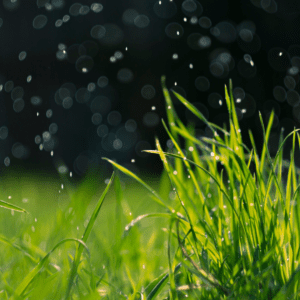
Ben Nedas
Chief Commercial Officer
Ulcers or Hindgut Disease? Unravelling the Similarities and Differences
As horse owners, we're all too familiar with the threat of gastric ulcers. These painful lesions, affecting the lining of the horse's stomach, have been a topic of concern within the equestrian community for years. However, there's another condition that often flies under the radar but is equally significant - hindgut disease.
The Intersection of Symptoms
One of the reasons why these conditions can be so elusive is the significant overlap in their signs. As you'll see in the accompanying graphic, the signs of gastric ulcers and hindgut diseases can be strikingly similar.

Gastric Ulcers: A Known Adversary
Gastric ulcers, encompassing both squamous ulcers and glandular gastric disease, are part of the broader condition known as Equine Gastric Ulcer Syndrome (EGUS). These ulcers can cause a range of symptoms, including poor appetite, weight loss, a dull coat, and behavioural changes such as increased irritability. However, these symptoms are not exclusive to EGUS and can be indicative of other health issues, underscoring the importance of a thorough veterinary examination.
Hindgut Disease: The Silent Culprit
Hindgut disease, on the other hand, refers to conditions affecting the horse's hindgut. This includes ailments such as:
- Colonic Ulcers: These are sores or lesions in the lining of the horse's large intestine. They can cause symptoms such as weight loss, poor appetite, and changes in behaviour.
- Right Dorsal Colitis: This is an inflammation of the right dorsal colon, often associated with the use of non-steroidal anti-inflammatory drugs (NSAIDs). Symptoms can include weight loss, diarrhoea, and colic.
- Colitis: This is a general term for inflammation of the colon, which can be caused by various factors including infection, dietary changes, or certain medications. Symptoms can include diarrhoea, dehydration, and abdominal pain.
- Impaction: This is a blockage in the horse's large intestine, often caused by dehydration or a lack of fibre in the diet. Symptoms can include colic, loss of appetite, and a decrease in the amount of manure produced.
- Irritable Bowel Syndrome (IBS): While not as commonly diagnosed in horses as in humans, IBS is a disorder that can affect a horse's large intestine. It is characterized by chronic inflammation and discomfort of the horse's bowel, often associated with varying degrees of diarrhoea, constipation, gas, and abdominal pain. The exact cause of IBS in horses is not well understood, but it may be related to diet, stress, or a disruption in the balance of gut bacteria.
- Hindgut Acidosis: This condition occurs when the pH balance in a horse's hindgut becomes disrupted, often due to a diet high in starches and sugars that are rapidly fermented by the gut bacteria. This rapid fermentation results in the production of lactic acid, which can lower the pH of the hindgut and potentially damage the lining of the intestine.
- Dysbiosis: This is a term used to describe an imbalance in the gut microbiota. The horse's hindgut is home to a complex community of bacteria that play a crucial role in digestion and overall health. When this balance is disrupted, it can lead to a range of health issues.
While these conditions may not be as well-known as gastric ulcers, they are no less significant. Symptoms can mirror those of gastric ulcers, with additional signs like loose stools or diarrhoea, making them sometimes more challenging to diagnose.
The Imperative of Awareness
The key message here is that while gastric ulcers are a well-recognised threat, we must not overlook the potential for hindgut diseases. The symptoms of these conditions can be incredibly similar, and it's crucial for us, as responsible horse owners and caretakers, to be aware of this.
Remember, if your horse is showing any signs of discomfort or changes in behaviour, it's always best to consult with your vet. They can perform the necessary tests to determine the root cause of the issue and guide you on the best course of treatment.
The Final Word
Understanding the health of our horses is a continuous learning journey. By expanding our knowledge and staying informed about conditions like gastric ulcers and hindgut diseases, we can ensure we're providing the best possible care for our equine companions.
Remember, the health and happiness of our horses are in our hands. Let's continue to learn, grow, and provide the best for our beloved equine friends.
Stay tuned for more insightful discussions on equine health and wellness. Until then, happy riding!
Contributors

Mark Bowen
BVetMed MMedSci(MedEd) PhD CertVA CertEM(IntMed) DipACVIM-LAIM DipECEIM PFHEA FRCVS
Mark is an internationally recognised veterinary specialist and clinical scientist. His career has seen him obtain recognition in a large range of disciplines.
He is an RCVS recognised specialist in equine internal medicine, a EBVS European specialist in Veterinary Sports Medicine and Rehabilitation and an ABVS American Specialist in Large Animal Internal Medicine.
Mark spent a career in clinical academia being promoted all the way to Professor, before building his own clinical and educational consultancy business in 2021, working for a range of businesses including The European Board of Veterinary Specialisation (EBVS) and Veterinary Continuous Education in Europe (VetCEE). He is author of many publications, including the development of consensus guidelines for the management of gastric disease, obesity and pain in horses.
ABOUT EQUINECTAR
Description
EquiNectar® is a natural feed supplement, that is scientifically proven to:
- Re-balance your horse’s gut bacteria
- Help your horse maximise benefits from its feed
- Improve your horse’s condition
More information
EquiNectar® is produced by Tharos Ltd in the UK. It is a natural source of digestive enzymes and contains only the following ingredients:
- Our patented enzyme rich malt extract
- Medium chain triglycerides (from coconut oil)
- Potassium sorbate
For more details of the enzymes within EquiNectar® take a look at the ingredients and enzymes page.
How to feed
Simply add EquiNectar® to your horse's daily feed, using the Feeding Rate chart to determine the correct amount.
For detailed instructions about how to introduce EquiNectar, please read the comprehensive Feeding Guide page.





